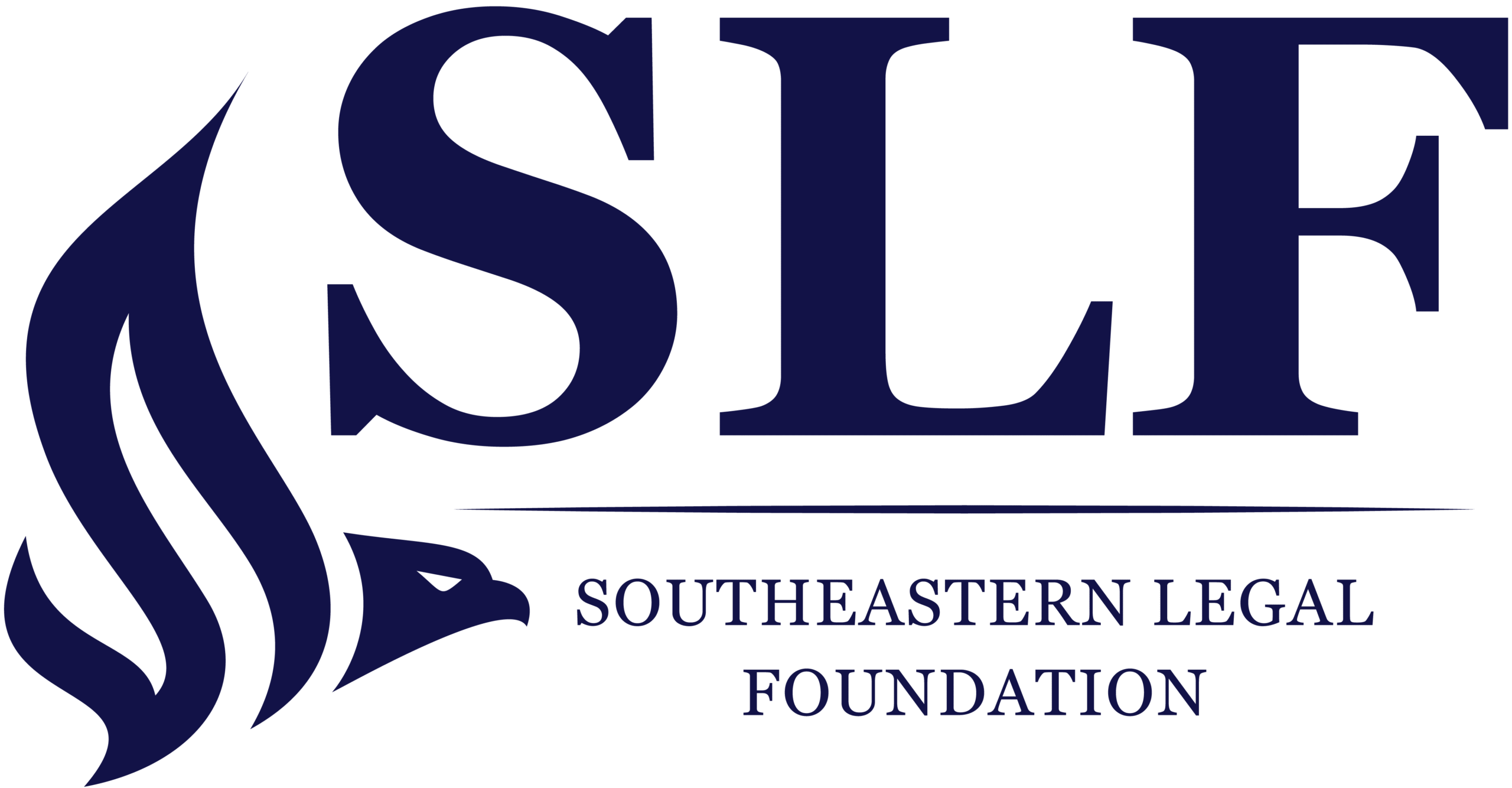The University of Alabama has full control to decide who can speak on its campus. At least, that is what the Eleventh Circuit Court of Appeals decided when it held that a member of the public could not engage in speech on a public sidewalk that ran alongside the university campus. The court determined that a public university is a “special enclave,” and that it may insulate its student body from outside views by denying public speakers access to outdoor areas of campus. In an amicus brief before the United States Supreme Court, Southeastern Legal Foundation is calling on the Court to hear this case and safeguard the First Amendment by reversing the lower court’s decision.
Read More
It is a settled tradition that college campuses are meant to be open forums for discussion, especially in outdoor areas of campus. But when a member of the public tried to express his views on a public sidewalk that happened to be located near some university buildings, the University of Alabama shut down his speech. The lower courts upheld the university’s censorship, reasoning that colleges are allowed to limit who has access to their school grounds. They reached their decision by relying on the public forum doctrine. Under that doctrine, courts recognize that not all government property is the same and that some property, like classrooms, cannot be completely open to the public. But courts have long recognized that other government property, including sidewalks and quads, are traditional public forums where anyone can engage in speech activities.
Unfortunately, as SLF explains in its amicus brief, courts over time have twisted this doctrine by allowing the government to decide who can speak on its property. As a result, universities are given full control over speech activities on campus. As SLF writes in its brief, this will only harm students who can and should engage with public speakers as part of their college experience.
